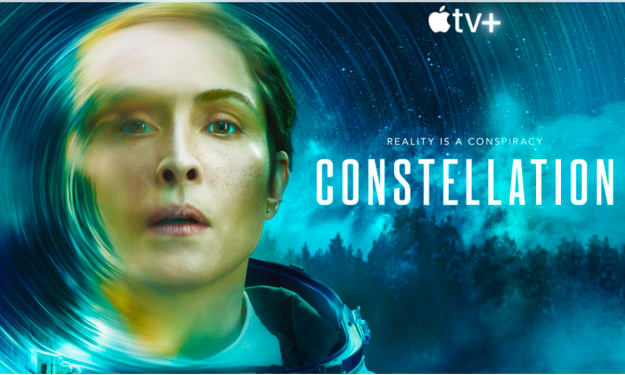
"Over a wide reach from general TV through business publicizing to brought together data and information preparing frameworks, the innovation that is currently or is opening up can be utilized to influence, to change, and now and again to control our entire social cycle." (Williams, 1974, p. 151)
He expounded on how this one innovation could prompt various expansions, for example, "reasonable, privately based at this point globally expanded TV frameworks," which would work with correspondence and data partaking in manners that would not have appeared to be conceivable in pre-TV days. His political market analyst sees were that these cutting-edge specialized instruments could prompt an "informed and participatory majority rule government" and viable correspondence in multi-layered metropolitan and modern social orders. Notwithstanding, besides the above employments of contemporary instruments of equality, Williams offered a critical understanding which may have appeared to be in front of his occasions when the book was distributed in 1974. He suggested that these devices could likewise be utilized by corporate players who, under the affectation of rivalry and giving customers decision, would "further venture into our lives, at each level from news to psycho-dramatization, until individual and aggregate reaction to a wide range of sorts of involvement and issue turned out to be nearly restricted to a decision between their modified conceivable outcomes." This was how Williams accepted innovation to be impacted by cultural powers and utilized by the "people pulling the strings" to add their advantages. He likewise cited the early history of TV as an illustration in such a manner. This was a promising innovation that was taken advantage of in various ways by the unique social and political systems that included Britain, the United States, and Nazi Germany (Williams, 1974, p. 151).
He contended that individuals should see new mechanical developments, explicitly those identifying with correspondences, and the manners by which other innovations, society, culture, law, and monetary conditions shape them. He accepted this was vital in mechanical determinism as an idea was challenging to have confidence in, strategically and ethically. It started that individuals can't keep away from the hurtful parts of new media or determine social and moral advantages from it, and he disagreed with this. His exploration proposed that the effect of innovation, which he pushed on media developments, was not progressive but rather transformative. It would cause discussions and conversations; however, it would not have the sole ability to change society. It would be managed diversely by individuals relying upon how open or opposed they were to change, whether they were new players our grounded ones. Some would openly declare their help or absence, while others would secretly save their perspectives and work. These variables would all play a part in how the innovation creates and influences society and lifestyle (Williams, 1974).
Ithiel de Sola Pool was a pioneer in the field of sociology. He accepted that "innovation shapes the design of the fight yet few out of every odd result." He had a place with the way of thinking of soft or delicate mechanical determinism, which guaranteed that when innovations are created, they empower, work with, or set out the potential for open doors which might be advanced by social orders or not. In his book, Technologies of Freedom (1983), he laid the basis for connecting correspondence innovations and majority rule government. His book is thought to be an exceptionally pivotal work in correspondences as it shows the connections between computerized innovations with human opportunity and social and political arrangements.
He acknowledged that at whatever point methods of correspondence become effectively accessible and are decentralized, like the situation with print machines and microcomputers, it empowers opportunity. Also, on the contrary, when the method for correspondence is exceptionally unified and scant, there is more central control in the middle and fewer elements. In that age where the centralized server PC represented syndication of force, Pool proposed his vision of a media age where staff would lie with every member and a vote-based culture would win. He accepted that home PCs would prompt a more grounded vote-based structure, as residents and associations would have the option to spread their contemplations and thoughts farther than whatever was before conceivable. In any case, he didn't feel that this was the main result believable or was unavoidable.
"The attributes of media shape how is managed them, so one may expect that these advancements of opportunity will overpower all endeavors to control them… " (Pool, 1983, p. 251)
He gave the case of the print machine, that while as an innovation it shaped the actual premise of present-day popular government, the reactions it got gone starting with one outrageous then onto the next: it brought about oversight on occasion and more meaningful opportunity of the press at different events. Various circumstances and times will decide the result. At one example, the new media invited the chance for more open discussions and conversations. At another occurrence, all options for talks would be debilitating because of a paranoid fear of the torrent of analysis or another undesirable result. This, as well as arising media, is regularly treated as one more variety of current or more established innovation and is thus directed similarly, which restrictively affects the reformist limit of the creative invention. As an outcome, the extraordinary changes anticipated as the innovation's effect are frequently quelled by the traditionalist controls carried out on it.





Comments
There are no comments for this story
Be the first to respond and start the conversation.